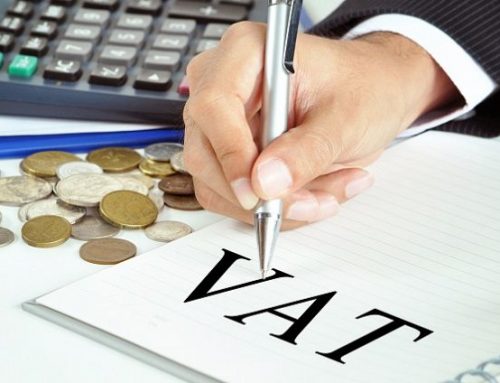Tukey’s System Relating to Exchange of Information on Tax Matters
Geographically, Turkey forms a natural bridge between the continents of Asia, Africa and Europe. This unique geographical position gives it easy access to strategically important trade areas. Its location and economic relations with various countries is reflected in an extensive network of 82 double taxation treaties and five tax information exchange agreements, which provide for the international exchange of information for tax purposes in line with the international standard. In addition, Turkey has also signed the Convention on Mutual Administrative Assistance in Tax Matters.
Turkey allows for the formation of companies, partnerships, foundations, associations and cooperatives. Turkey’s legal and regulatory framework ensures that information on the owners of these entities and arrangements is available to its competent authority. Sufficient mechanisms are in place that allow identification of the owners of bearer shares issued by publicly held joint stock companies whose shares are traded on the stock exchange. However, availability of information on the owners of bearer shares issued by other joint stock companies is not ensured resulting into the determination of the Element A.1 as “not in place”.
Turkey’s tax and commercial legislation contain provisions ensuring the maintenance of accounting information to the standard by all relevant entities for at least five years. Underlying documents must also be maintained. The combination of Banking Law and the AML/CFT legislation ensures that all records pertaining to accounts as well as to related financial and trans-actional information is required to be kept by banks operating in Turkey.
The tax administration and tax inspectors are empowered to obtain information from taxpayers and third parties including banks, however, the legislative basis on which they obtain information for EOI purposes should be clarified in Turkish laws. Tax inspectors can also use compulsory powers to enforce compliance in case of non-cooperation. In practice, the competent authority generally obtains information through tax inspectors, who normally conduct tax audits to gather information.
Tax inspectors should give greater priority to their EOI work. They have a high workload and historically have not generally provided information to the competent authority before the completion of the tax audit which may take six to twelve months. In most cases, this process of gathering information results in delays and the issue of delayed receipt or non-receipt of information was identified as a problem in the peer input of partner countries. Since 2011, the tax inspectors are required to complete investigations for the purposes of exchange of information in six months and this reduction in time limit is likely to reduce delays in providing information. This should be monitored by Turkey.
Turkish tax authorities are authorised to seek information from barristers and solicitors about the names of their client and information relating to their fees and expenses but information that reveal facts and particulars which have been entrusted to them or which they have learnt through their duties cannot be obtained. The protection afforded to professional privilege is very broad and is not consistent with the international standard.

